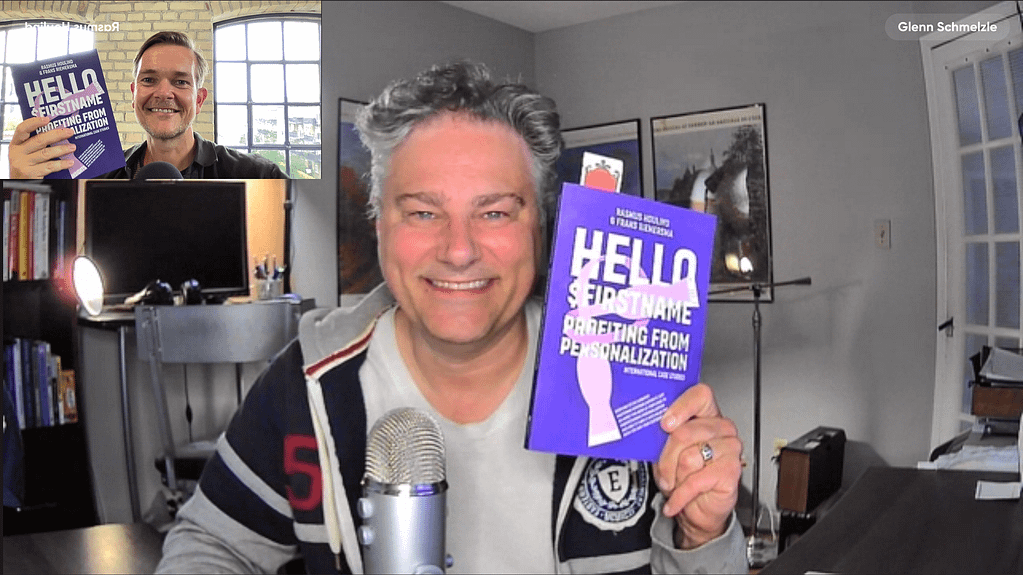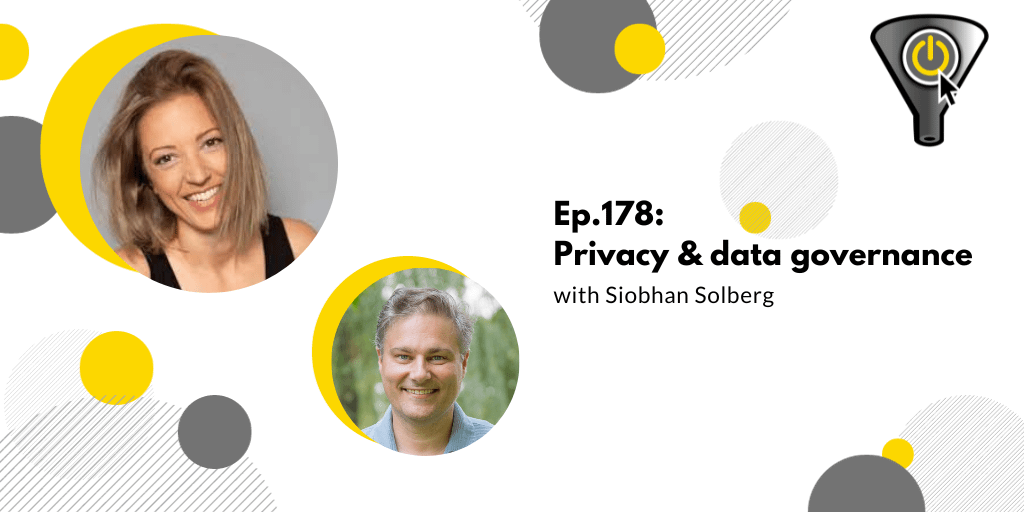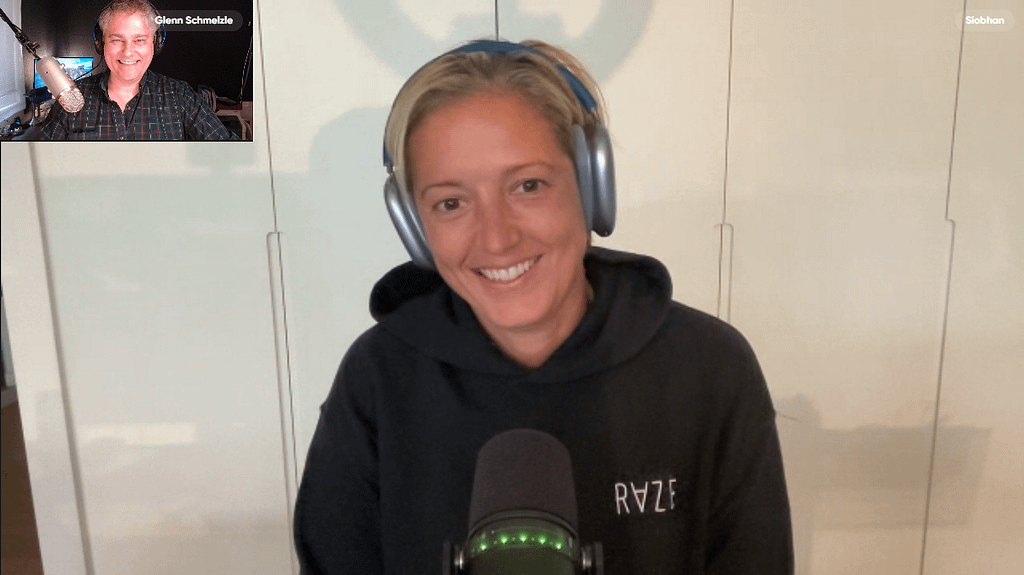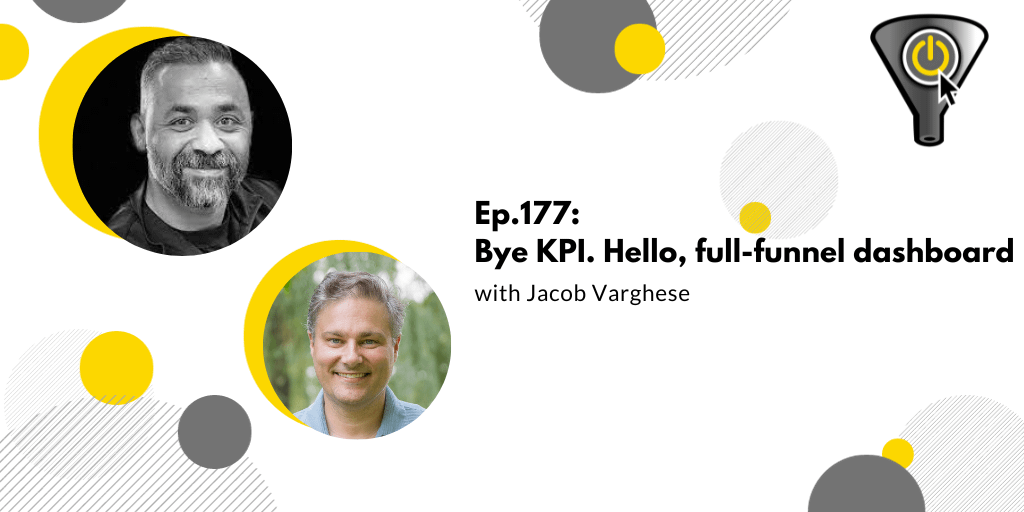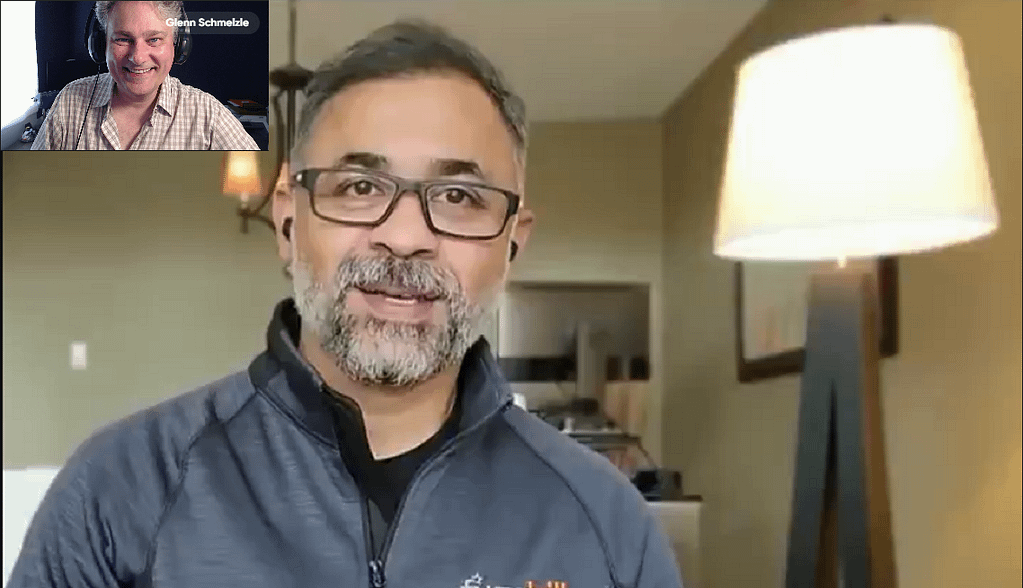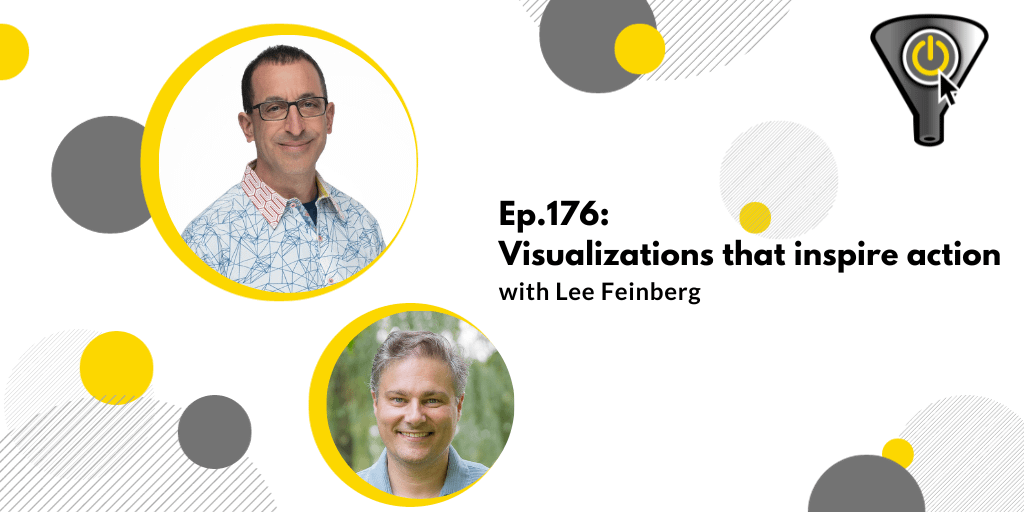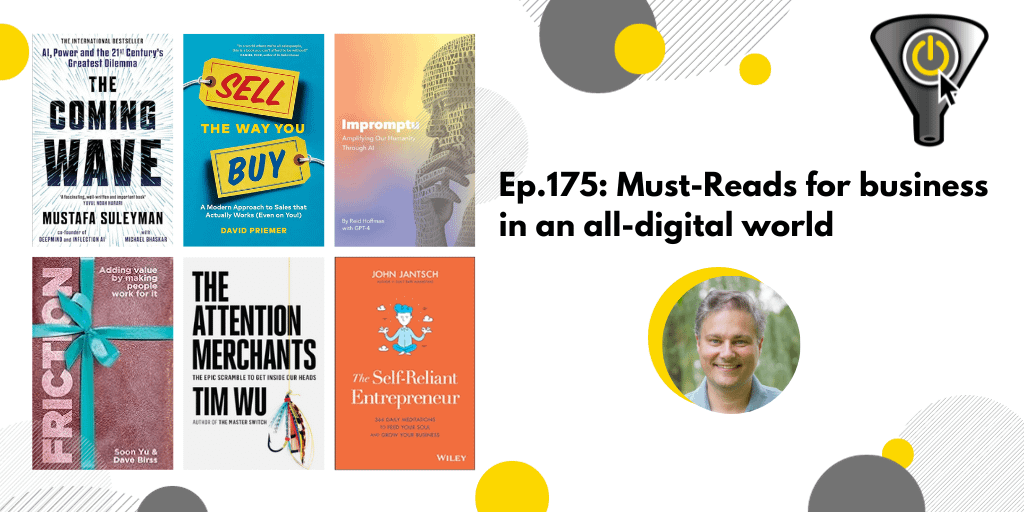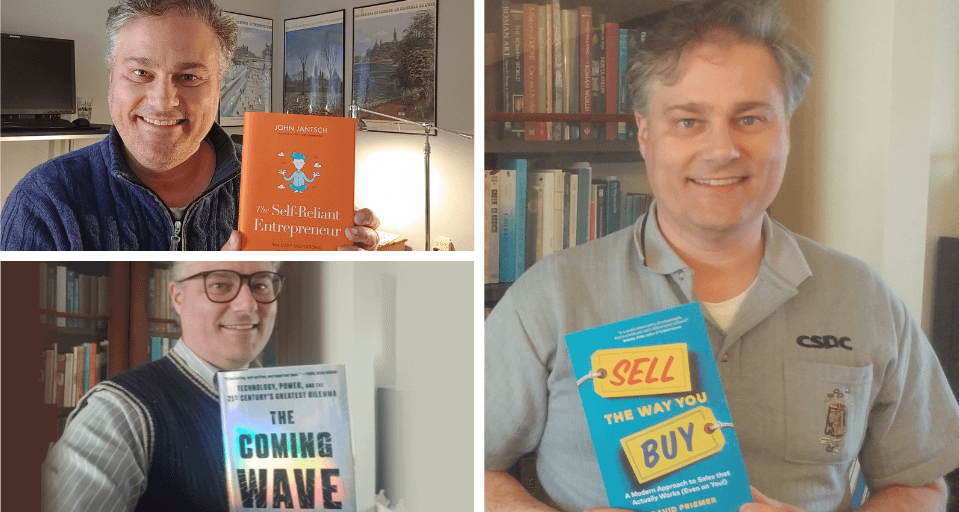Episode 180
‘1 to 1 Marketing,’ sounds wonderful. Don Peppers & Martha Rogers wrote a series of books in the 1990s called this. We have thrown all kinds of technology, content, and persona construction at it over the last 25 years. But it still eludes us. Architecting communications that converses with each person, at their own point in a conversation with our brand is hard. Is it marketing’s job to actually have 1:1 conversations? And with what’s at stake if we screw up personalization, can we implement or maintain it without losing our jobs?
Today’s guest is here to help answer that.
Since getting his M.A. in Information Studies from Aarhus University, our guest has lived at the intersection of data and communications.
Since 2020 he has been the Chief Experience Officer at Agillic, an omnichannel marketing software, where he works primarily with large companies involved in omnichannel marketing, customer experience management, and customer lifecycle projects.
He’s on a mission to ensure that the end user gets consistent, timely and relevant communications across channels – be it web, email, app, text, social – or even in-store. He often presents keynotes on Omnichannel Personalization and sits on the jury for that at the Danish eCommerce Awards.
His first book, written together with Colin Shearer, was a bestseller on Omnichannel Marketing. We’re talking with him about his book “Hello $Firstname,” which came out in 2023. Joining me from Copenhagen, let’s welcome Rasmus Houlind.
Chapters & Timestamps
0:00 – Intro
2:30 – Book’s Main Theme
37:48 – Public Service Announcement
38:41 – Quantifying the value of Personalization
1:00:25 – Rasmus Contact details
People/Products/Concepts Mentioned in Show
Rasmus on LinkedIn
Rasmus works at Agillic
Book has versions available for North America & Nordics
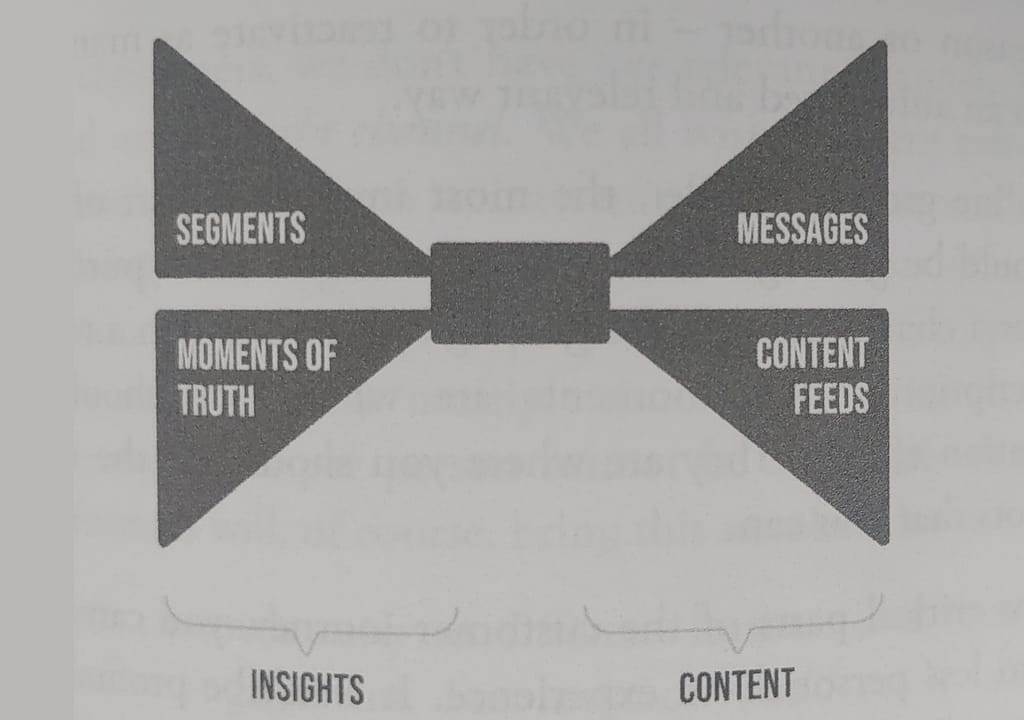
Plato’s theory of forms (here is a YouTube video on it)
Hitchhikers Guide to the Galaxy
Example in book used the Financial Times
Episode Reboot
Download a free abstract of the book
